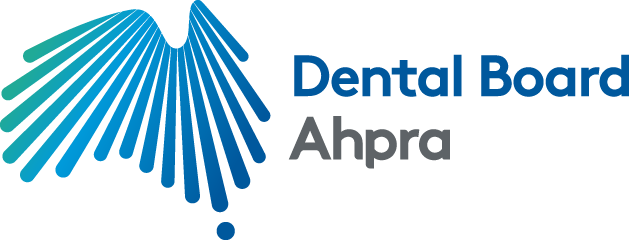Service Notice:
We are aware of an intermittent issue some users are experiencing when trying to access our website. We are currently working on the issue and hope to restore the service as soon as possible. Thanks for your patience.
We're still here to help: We’ve recently upgraded our operating system. Our phones and online enquiries are very busy. You can make an online enquiry, you can expect a response in 7-10 business days. Or, you can contact us by phone and if available request a call-back.
Be alert to scammers: Only log in to the Ahpra portal direct from the Ahpra website www.ahpra.gov.au
Close
National health practitioner boards
Close
Look up a health practitioner
Close
Check if your health practitioner is qualified, registered and their current registration status
Health Profession
- All
- Aboriginal and Torres Strait Islander Health Practitioner
- Chinese Medicine Practitioner
- Chiropractor
- Dental Practitioner
- Medical Practitioner
- Medical Radiation Practitioner
- Midwife
- Nurse
- Occupational Therapist
- Optometrist
- Osteopath
- Paramedic
- Pharmacist
- Physiotherapist
- Podiatrist
- Psychologist
All states and territories
- All states and territories
- ACT
- NSW
- NT
- QLD
- SA
- TAS
- VIC
- WA
Practitioners
Profession
Location
Please enter a search term
Page reviewed
16/08/2024
